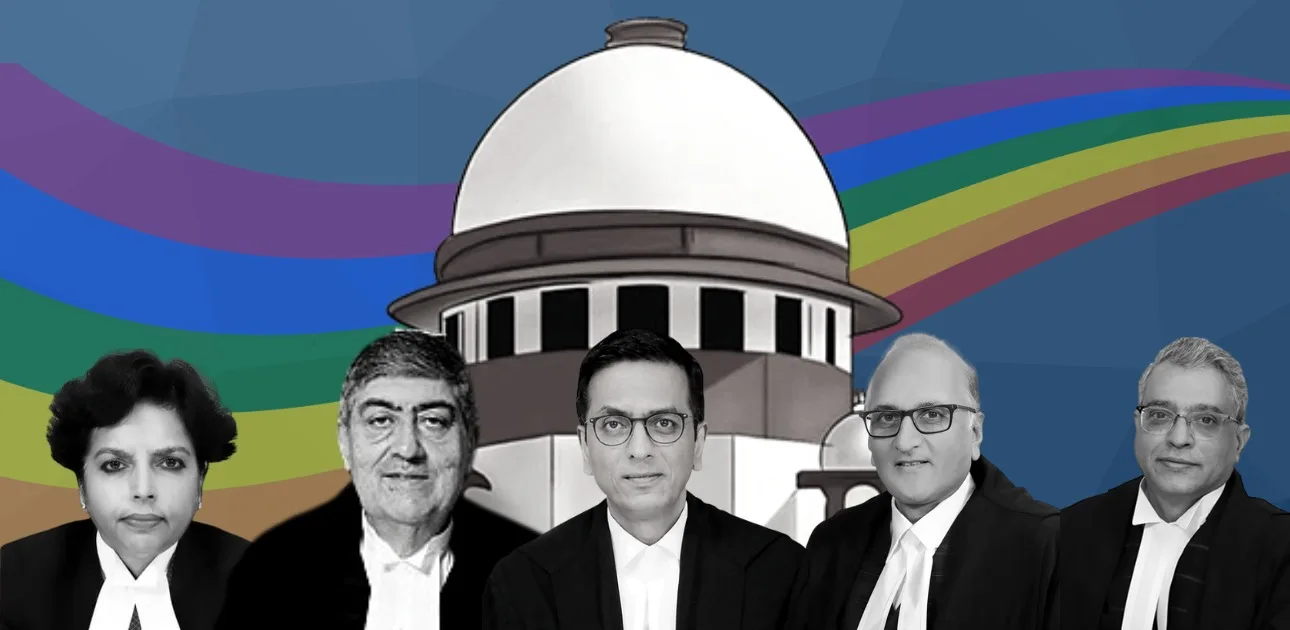SC upheld Abrogation of Article 370
In 2019, Central government revoked special status of Jammu and Kashmir (J&K) by abolishing Article 370 of Constitution, and consequently, Article 35-A.
- Article 370 restricted Centre’s legislative powers with respect to state.
- Article 35-A defined permanent residents of state and their special rights and privileges.
A five-judge bench of the Supreme Court, led by Chief Justice of India DY Chandrachud, unanimously upheld the government’s decision to abrogate Article 370. The court’s verdict upheld the decision taken by the Parliament of India on August 5, 2019.

The court’s ruling included the following points:
- The President’s order to revoke Article 370 was not malicious.
- Article 370 was only intended to be a temporary measure.
- The President of India was empowered to revoke Article 370.
- Jammu and Kashmir lost its sovereignty when it became a part of India.
The court also ordered that elections should be conducted in the assembly by September 30, 2024.
Key Highlights of SC Judgement on Article 370
- J&K did not retain any element of sovereignty after its accession to India in 1947 and has always been an integral part of India.
- Article 370 is a temporary (due to war-like condition prevailing in state in 1947) and transitional provision (until Constituent Assembly of state was formed).
- Upheld Presidential proclamations of 2019 that effectively abrogated Article 370 and gave a new meaning to “constituent assembly of J&K”, as “Legislative Assembly of J&K.”
- Directed Election Commission of India to conduct Assembly elections by September 30, 2024 and Centre to restore statehood of J&K soon.
- SC recommended the setting up of a Truth and Reconciliation Commission (TRC) in J&K.
♦ TRC will investigate and report on violation of human rights both by State and non-State actors perpetrated in J&K at least since 1980s and recommend measures for reconciliation.
Impact of Judgement on Article 370
- Giving voting rights to West Pakistan Refugees.
- Reservation of seats for Kashmiri pandits and displaced people from Pakistan occupied Kashmir.
- People as well as investors outside J&K can now purchase land in Union Territory etc.
